Tag: symptoms eye
-
Is Sun Damage to the Eyes Reversible?
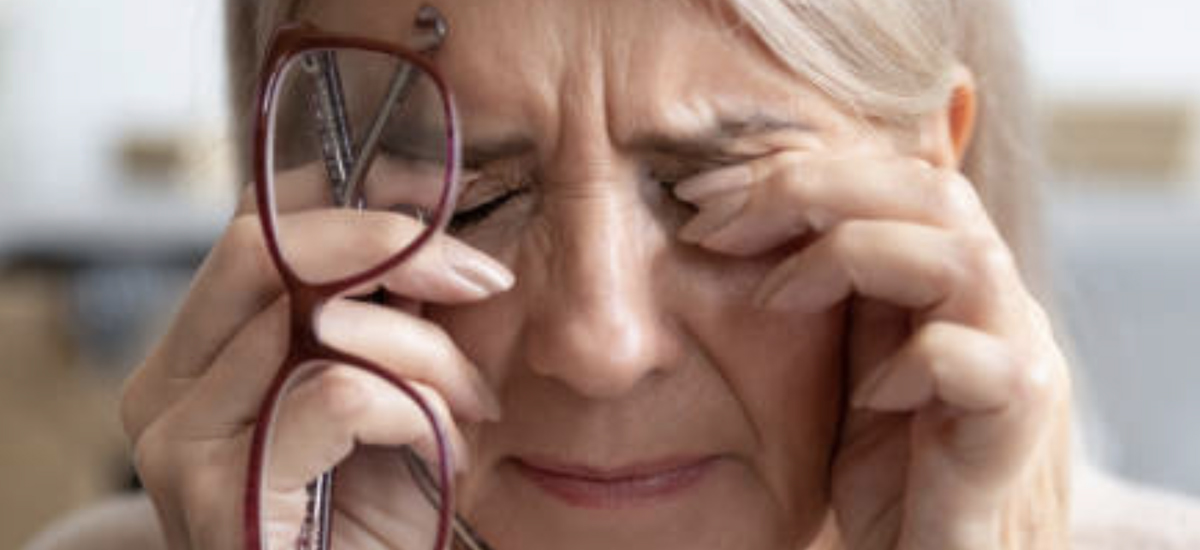 According to the American Optometric Association (AOA), extended exposure to ultraviolet (UV) rays may lead to eye damage. If you spend enough time in front of UV light sources, including the sunshine, you may be at risk for age-related macular degeneration (AMD), cataracts, photokeratitis, pterygiums, and more.
Fortunately, stepping away
Read more...
According to the American Optometric Association (AOA), extended exposure to ultraviolet (UV) rays may lead to eye damage. If you spend enough time in front of UV light sources, including the sunshine, you may be at risk for age-related macular degeneration (AMD), cataracts, photokeratitis, pterygiums, and more.
Fortunately, stepping away
Read more...
-
I Accidentally Looked at UV Light. Will I Be Okay?
 When you spend time outdoors, it’s just as important to protect your eyes against ultraviolet (UV) light as it is to protect your skin. According to the American Optometric Association (AOA), you may be exposed to UV light from the sun, in addition to tanning beds.
The most common forms of UV light are UVA and UVB. Your eyes may take in a
Read more...
When you spend time outdoors, it’s just as important to protect your eyes against ultraviolet (UV) light as it is to protect your skin. According to the American Optometric Association (AOA), you may be exposed to UV light from the sun, in addition to tanning beds.
The most common forms of UV light are UVA and UVB. Your eyes may take in a
Read more...
-
What Are the Advantages and Disadvantages of Trifocal Lenses?
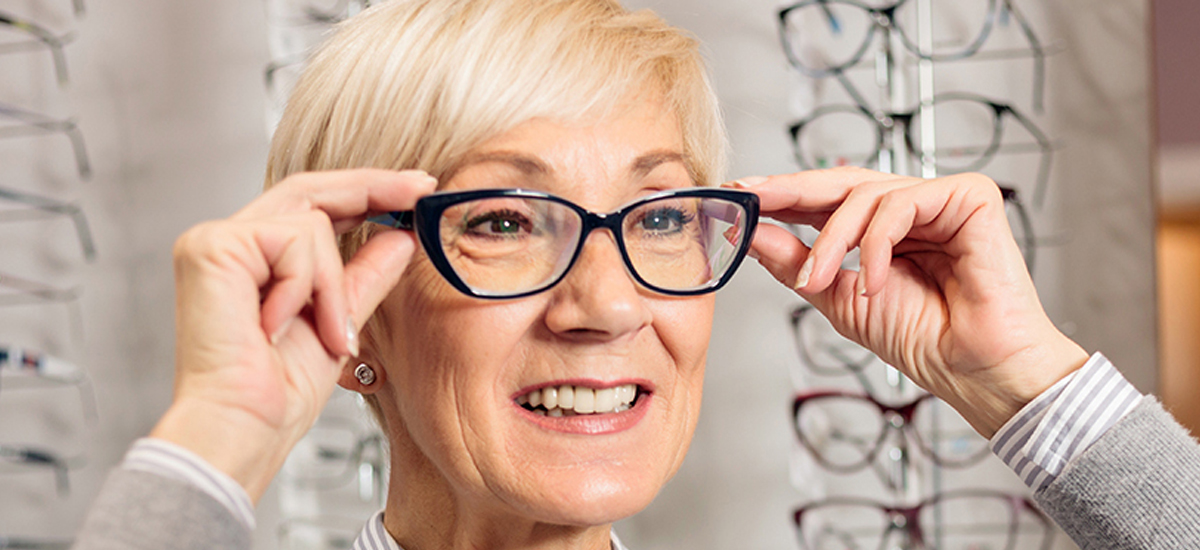 How old you are has a huge impact on your vision. You may need to get a new prescription on occasion to ensure you have the ultimate visual clarity, especially if you have any current eye conditions, such as presbyopia. If you require multiple prescriptions as a result of having both distance and near vision problems, your eye doctor may prescribe
Read more...
How old you are has a huge impact on your vision. You may need to get a new prescription on occasion to ensure you have the ultimate visual clarity, especially if you have any current eye conditions, such as presbyopia. If you require multiple prescriptions as a result of having both distance and near vision problems, your eye doctor may prescribe
Read more...
-
Why Do I Have Sudden Vision Changes?
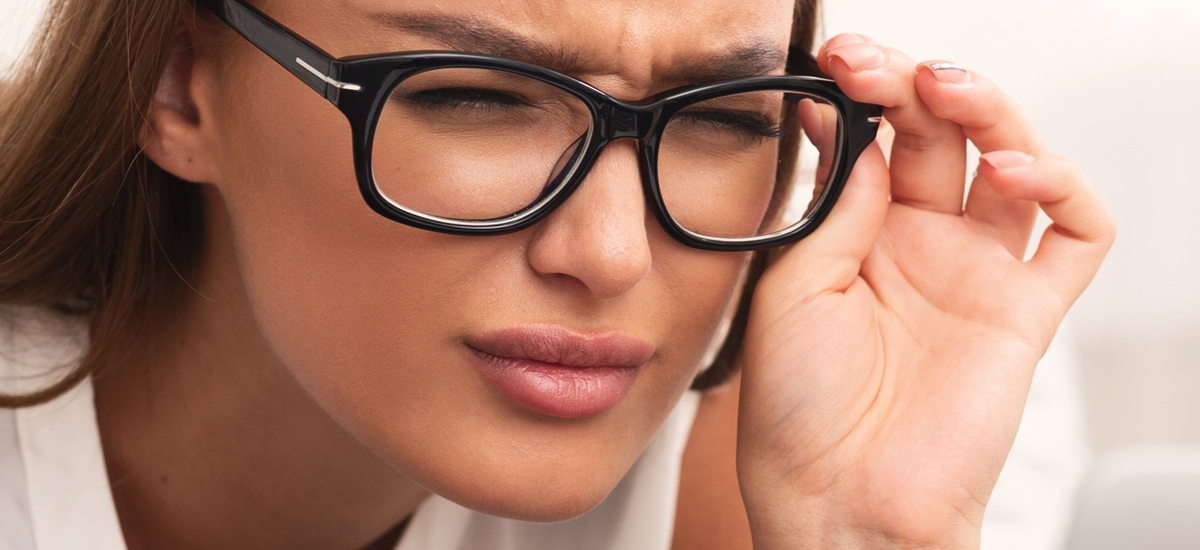 Moderate changes in vision are normal as you age. Your eye lenses may lose their elasticity due to a condition called presbyopia. But even presbyopia isn’t usually sudden. It might start with near vision issues in your 40s and worsen over the next several years.
So, should you worry if you have sudden vision changes? Here’s what you need
Read more...
Moderate changes in vision are normal as you age. Your eye lenses may lose their elasticity due to a condition called presbyopia. But even presbyopia isn’t usually sudden. It might start with near vision issues in your 40s and worsen over the next several years.
So, should you worry if you have sudden vision changes? Here’s what you need
Read more...
-
Is There Such a Thing as No-Line Bifocals?
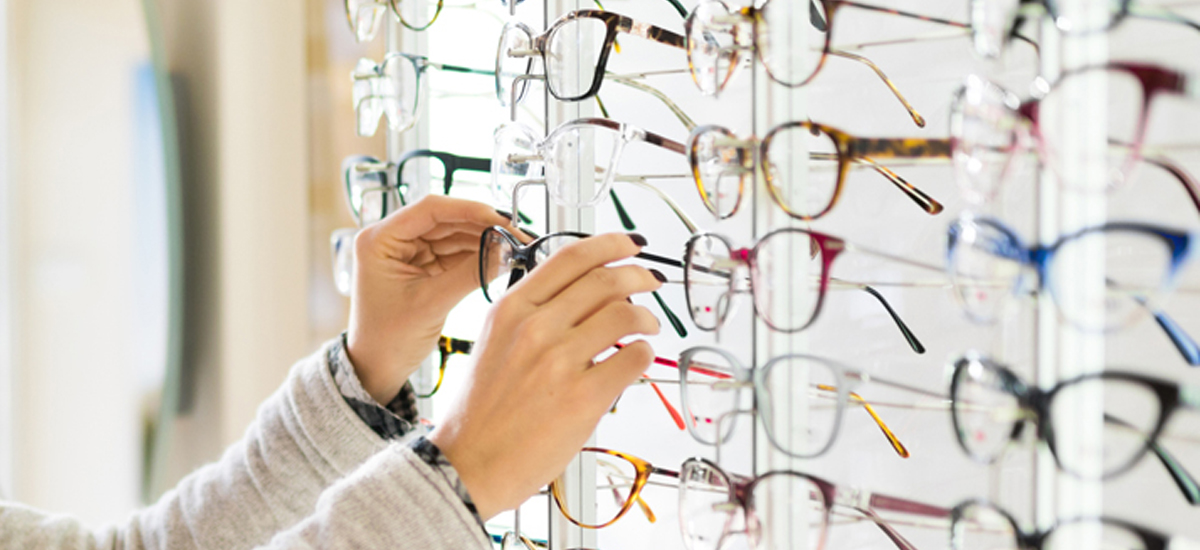 Do you ever find yourself keeping a distance between your favorite book and your face? Perhaps, your eyes feel tired after working on a close-up project for long periods. If this sounds like you, you might have presbyopia, a refractive error that’s common in adults over age 40.
A comprehensive eye exam is vital to diagnose presbyopia, and
Read more...
Do you ever find yourself keeping a distance between your favorite book and your face? Perhaps, your eyes feel tired after working on a close-up project for long periods. If this sounds like you, you might have presbyopia, a refractive error that’s common in adults over age 40.
A comprehensive eye exam is vital to diagnose presbyopia, and
Read more...
-
Is 20/10 Vision Good?
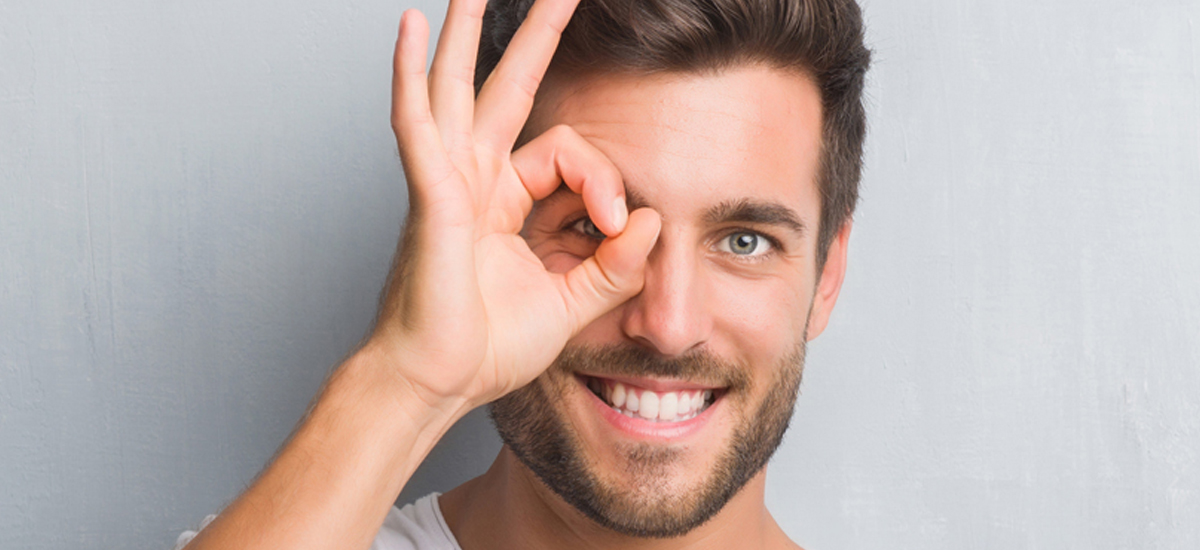 Your visual acuity can affect many things in your life, from how you perceive images to how close you need to be to see them in the first place. Eye doctors use 20/20 vision as a standard for the average person’s vision, and when performing a comprehensive eye exam on your eyes, they’ll use it for you, too.
With 20/20 vision being a baseline,
Read more...
Your visual acuity can affect many things in your life, from how you perceive images to how close you need to be to see them in the first place. Eye doctors use 20/20 vision as a standard for the average person’s vision, and when performing a comprehensive eye exam on your eyes, they’ll use it for you, too.
With 20/20 vision being a baseline,
Read more...
-
What Types of Vision Problems Are Common in Children?
 Children’s eyesight and how they do in school are closely linked. Early on, your children will get to practice high-value skills in the classroom, including reading words at a distance and up close, switching focus between different things, tracking moving objects, and much more. (Plus, if they’re athletes or even enjoy just playing sports at
Read more...
Children’s eyesight and how they do in school are closely linked. Early on, your children will get to practice high-value skills in the classroom, including reading words at a distance and up close, switching focus between different things, tracking moving objects, and much more. (Plus, if they’re athletes or even enjoy just playing sports at
Read more...
-
What Are the Best Nutrients for Eyesight Improvement?
 The older you get, you may be at a higher risk for vision loss due to age-related eye diseases. For this reason, preventive eye care steps are essential. Our suggestion? Turn to your diet first and foremost.
Just as your eating choices can affect your body, they can impact your ocular health, too. Let’s examine some of the best nutrients
Read more...
The older you get, you may be at a higher risk for vision loss due to age-related eye diseases. For this reason, preventive eye care steps are essential. Our suggestion? Turn to your diet first and foremost.
Just as your eating choices can affect your body, they can impact your ocular health, too. Let’s examine some of the best nutrients
Read more...
-
Does Wearing Glasses Improve Eyesight?
 If you ask us, glasses are one of the world’s best inventions. They can make someone with poor vision see crystal clear, help people who struggle to see far away, safeguard your eyes from ultraviolet light, and even protect your eyes from the damaging effects of blue light.
Most prescriptions are good for at least a year, but your vision
Read more...
If you ask us, glasses are one of the world’s best inventions. They can make someone with poor vision see crystal clear, help people who struggle to see far away, safeguard your eyes from ultraviolet light, and even protect your eyes from the damaging effects of blue light.
Most prescriptions are good for at least a year, but your vision
Read more...
-
Does Wearing Glasses Make Your Eyes Smaller?
 Did your eye doctor tell you that you need glasses for a refractive error? Don’t worry. Corrective eyewear can clear up your vision and alleviate many uncomfortable symptoms, such as blurry vision and eye fatigue.
In fact, prescription lenses may be just what you need to get your vision back on the right track. But does wearing glasses make your
Read more...
Did your eye doctor tell you that you need glasses for a refractive error? Don’t worry. Corrective eyewear can clear up your vision and alleviate many uncomfortable symptoms, such as blurry vision and eye fatigue.
In fact, prescription lenses may be just what you need to get your vision back on the right track. But does wearing glasses make your
Read more...







